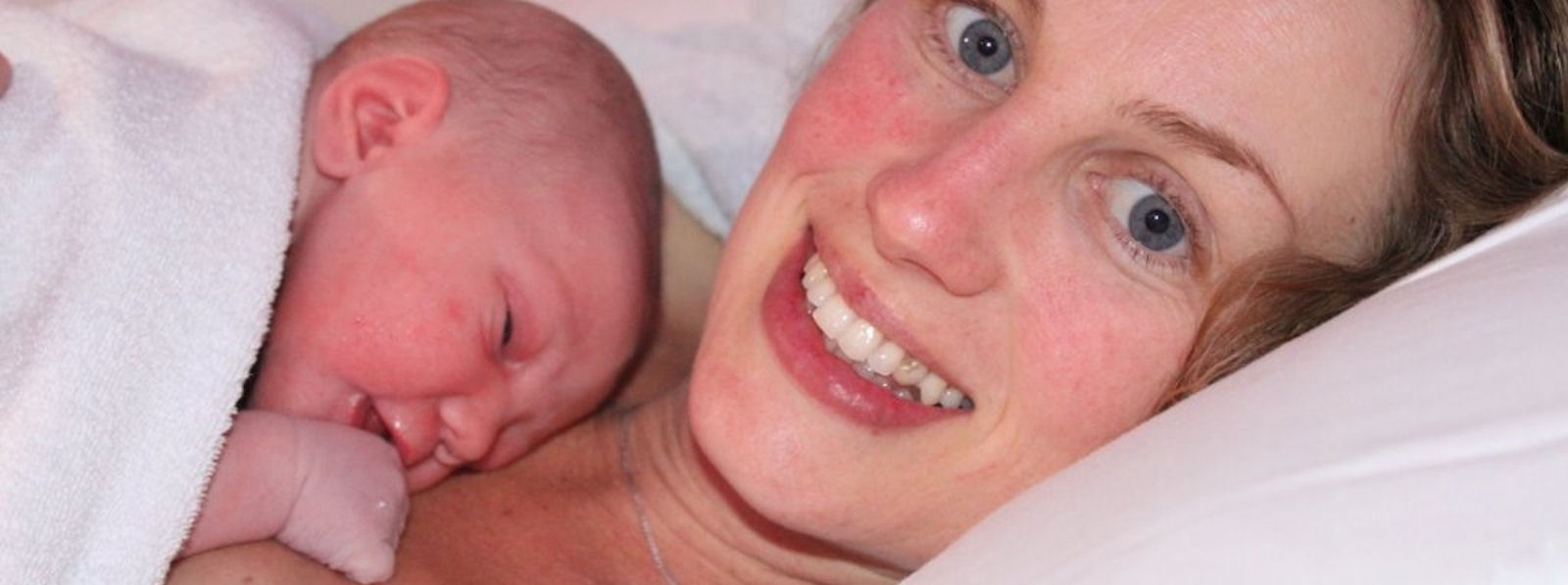Skin-to-skin contact is important at the time of birth, because it:
- keeps your baby warm
- regulates your baby's breathing and heart rate
- passes on your skin's 'friendly' bacteria, helping your baby fight infections
- calms and relaxes both you and your baby
- stimulates hormones that support breastfeeding.
For further information please visit:
Stem cell collections
Oxford University Hospitals does not support the collection of private umbilical cord blood / stem cell collections on any of its premises. For further explanation and details, please read the letter at the link below.
Umbilical cord blood collection (pdf, 102 KB)
Postnatal checks
We will weigh your baby, and carry out an initial 'top-to-toe' check. We do a more in-depth check when your baby is six to 72 hours old.
We also offer Vitamin K to your baby just after birth. Vitamin K is needed for the normal clotting of the blood.
All babies are born with low levels of Vitamin K, and supplementing it helps to protect against Vitamin K Deficiency Bleeding (VKDB).
Vitamin K for newborn babies (pdf)
Going home
If you and your baby are well, you can go home shortly after the birth.
Sometimes you or your baby may need some further monitoring or you may choose to stay longer for support. You can discuss your options with your midwife at birth.
If you are going home by car, you must have an approved baby's car seat with you: a car seat for a baby is a legal requirement.


